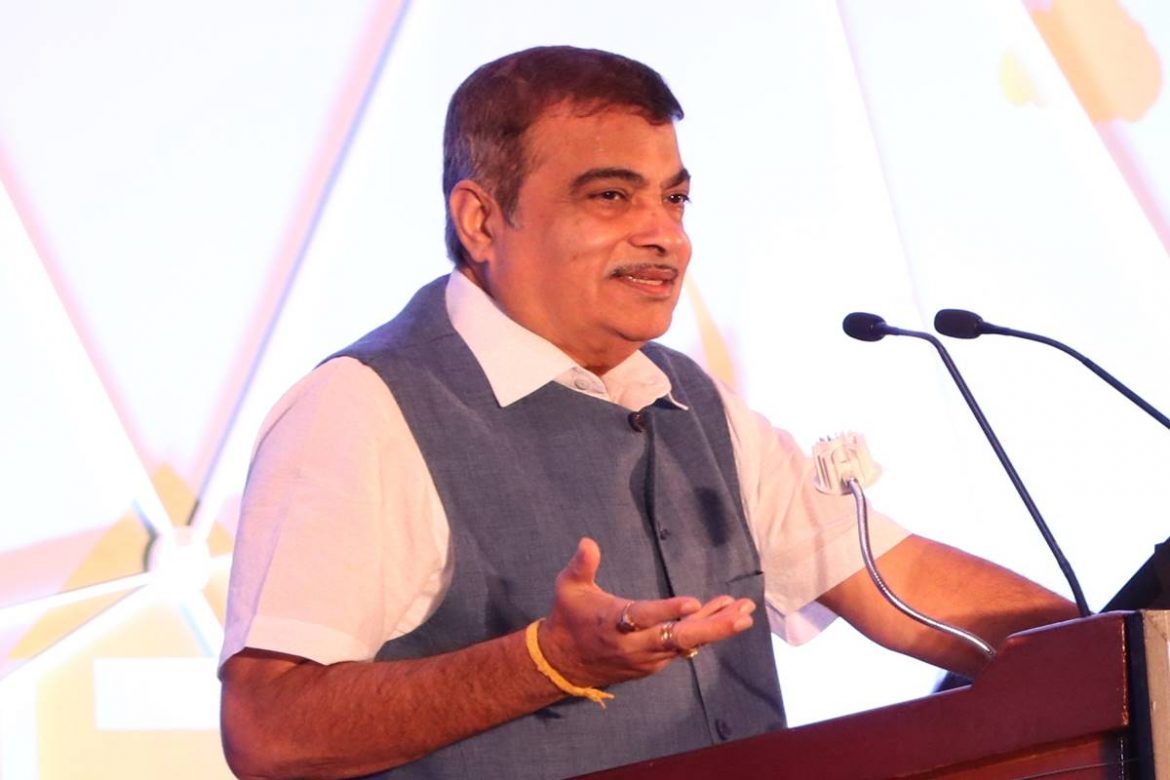Road, transport and highways minister Nitin Gadkari on Monday launched the country’s first-ever surety bond insurance product, a move that would reduce the dependence of infra developers of bank guarantee. The product, from the stable of Bajaj Allianz General Insurance, has been developed in response to a demand identified by the industry and the government. Surety Bond Insurance will act as a security arrangement for infrastructure projects and will insulate the contractor as well as the principal (contract awarding authority). The product will cater to the requirements of a diversified group of contractors, many of whom are operating in today’s increasingly volatile environment, he said while launching the product. He assured the insurance industry that this is going to be a secured business for them as he has transformed the infra sector through various measures.
The Surety Bond Insurance is a risk transfer tool for the principal and shields the principal from the losses that may arise in case the contractor fails to perform their contractual obligation. The product gives the principal a contract of guarantee that contractual terms and other business deals will be concluded in accordance with the mutually agreed terms. In case the contractor doesn’t fulfil the contractual terms, the principal can raise a claim on
the surety bond and recover the losses they have incurred. Unlike a bank guarantee, the Surety Bond Insurance does not require large collateral from the contractor thus freeing up significant funds for the contractor, which they can utilise for the growth of the business.
He urged the insurance industry to work on rating of contractors so that the risk is further minimised. The product will also help in reducing the contractors’ debts to a large extent thus addressing their financial worries. The product will facilitate the growth of upcoming infrastructure projects in the country. “India is well on its path to becoming a USD 5 trillion economy and achieving the dream of our honourable Prime Minister Narendra Modi; insurance will play an important role in this growth.
To realise Modi’s dream, it is important that infrastructure projects are executed at a faster speed; infrastructure, and notably roads, are vital to the economic and social growth of our country,” he said. With this new instrument of surety bonds, the availability of both liquidity and capacity will definitely be boosted; such products stand to strengthen the sector, he said. He said expanding road network will lead to more prosperity, increased employment opportunities, and increased social connectivity and Surety Bond Insurance is the right step in this direction. Tapan Singhel, MD & CEO, Bajaj Allianz General Insurance, said, “In recent years, the Indian infrastructure sector has exhibited amazing growth, setting records and contributing to the rise of economic activity in India.
Surety Bond Insurance will prove to be an effective tool for the industry and will allow contractors to take up more projects as the product will help them optimise capital. As this specialised class of business grows, employment opportunities will increase multi-fold, thus benefiting society, Singhel said. Finance minister Nirmala Sitharaman while presenting the Union Budget 2022-23, said that the use of surety bonds as a substitute for bank
guarantees will be made acceptable in government procurement. This product launch is in line with the government’s vision to up-scale the infrastructure development in the country to increase the pace of development of upcoming projects. The government of India is making concerted efforts to implement measures that will accelerate the development of infrastructure in India and Surety Bond Insurance is a decisive step in this direction, Gadkari said. As per the Insurance Regulatory and Development Authority of India (IRDAI) guidelines, insurers can underwrite surety insurance policies of not more than 10 per cent of the total gross written premium, subject to a maximum of Rs 500 crore in a financial year. Additionally, insurers will have to work closely with banks and other financial institutions to acquire risk information, technical expertise to monitor projects, cash flow, and understand other aspects of the risk.
👉 Click here to read the latest Gujarat news on TheLiveAhmedabad.com





